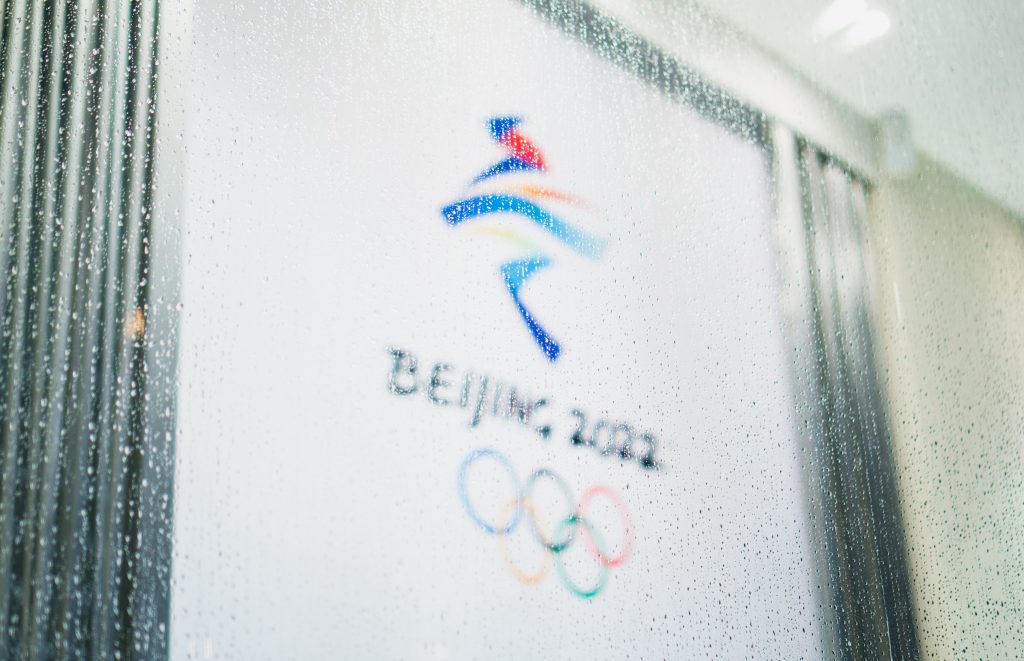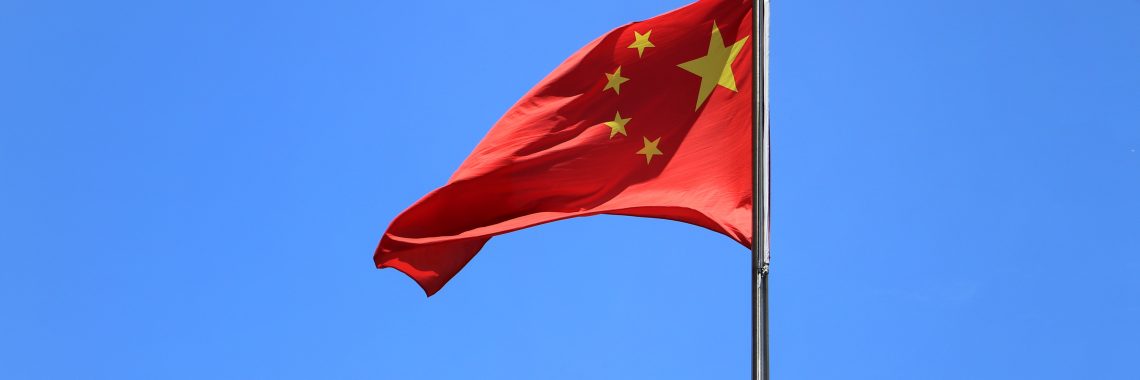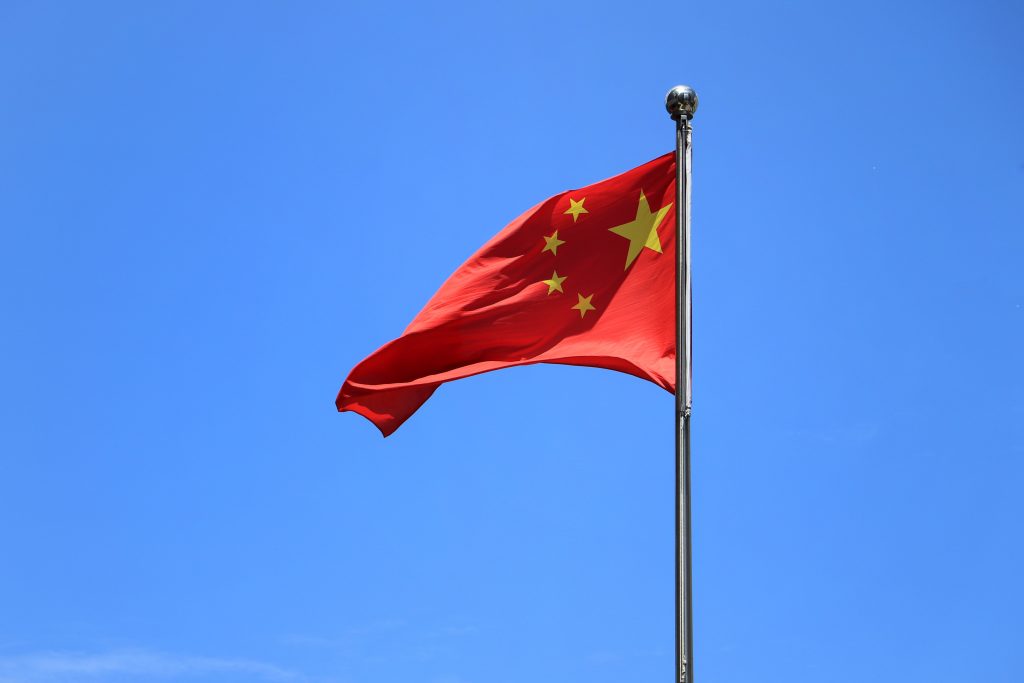On Friday the U.S. Department of Justice reported that a former University of Arkansas professor pleaded guilty to making a false statement to the FBI about his inventions that were patented with the communist Chinese government.
The DOJ also said the former professor failed to tell the U of A about a conflict of interest he had in regards to the Chinese government.
In its statement, the DOJ said,
Simon Saw-Teong Ang, 64, of Fayetteville, entered a guilty plea to count 58 on a superseding indictment charging him with making a materially false and fictitious, statement and representation to an FBI Special Agent. According to court documents, 24 patents filed in the People’s Republic of China bear Ang’s name or Chinese birth name. The University of Arkansas, where Ang worked as a professor, required individuals such as Ang to promptly furnish to the University “full and complete” disclosures of inventions, and University policy provided that it, not individual inventors, would own all inventions created by those subject to the policy. This policy was established “in furtherance of the commitment of the University to the widest possible distribution of the benefits of University Research, the protection of Inventions resulting from such research, and the development of Inventions for the public good.”
Despite this requirement, Ang did not disclose his Chinese patents to the university and, when interviewed by an FBI agent, lied about his involvement in the inventions. Specifically, when asked whether his name would be listed as “the inventor” of numerous patents in China, Ang denied being the inventor, despite knowing he was. In addition, Ang also received numerous talent awards from the PRC [People’s Republic of China] government, which he did not list on the university’s annual conflict of interest disclosure forms.
The FBI arrested Ang in May of 2020.
At the time, the DOJ alleged that “Ang had close ties with the Chinese government and Chinese companies, and failed to disclose those ties when required to do so in order to receive grant money from NASA.” Following his arrest, U.S. Sen. Tom Cotton (R – AR) issued a statement elaborating on China’s espionage campaigns in America and calling Ang a spy.
This latest news comes as officials have shown increased concern about China’s influence at the local level and on the nation’s academic institutions.
Last year the U.S. Senate passed a measure intended to clamp down on Chinese propaganda on America’s college campuses.
In July of 2020 FBI Director Christopher Wray gave a report on the threat China poses, saying, “If you are an American adult, it is more likely than not that China has stolen your personal data.”
And earlier this month U.S. Sen. Cotton sent a letter to state and county officials warning them, “I have good reason to believe that the Chinese Communist Party may seek to enlist state and local officials to influence my actions in Congress.”
As we have said before, China appears committed to subverting the United States — possibly at the state and local levels in Arkansas.
READ MORE





